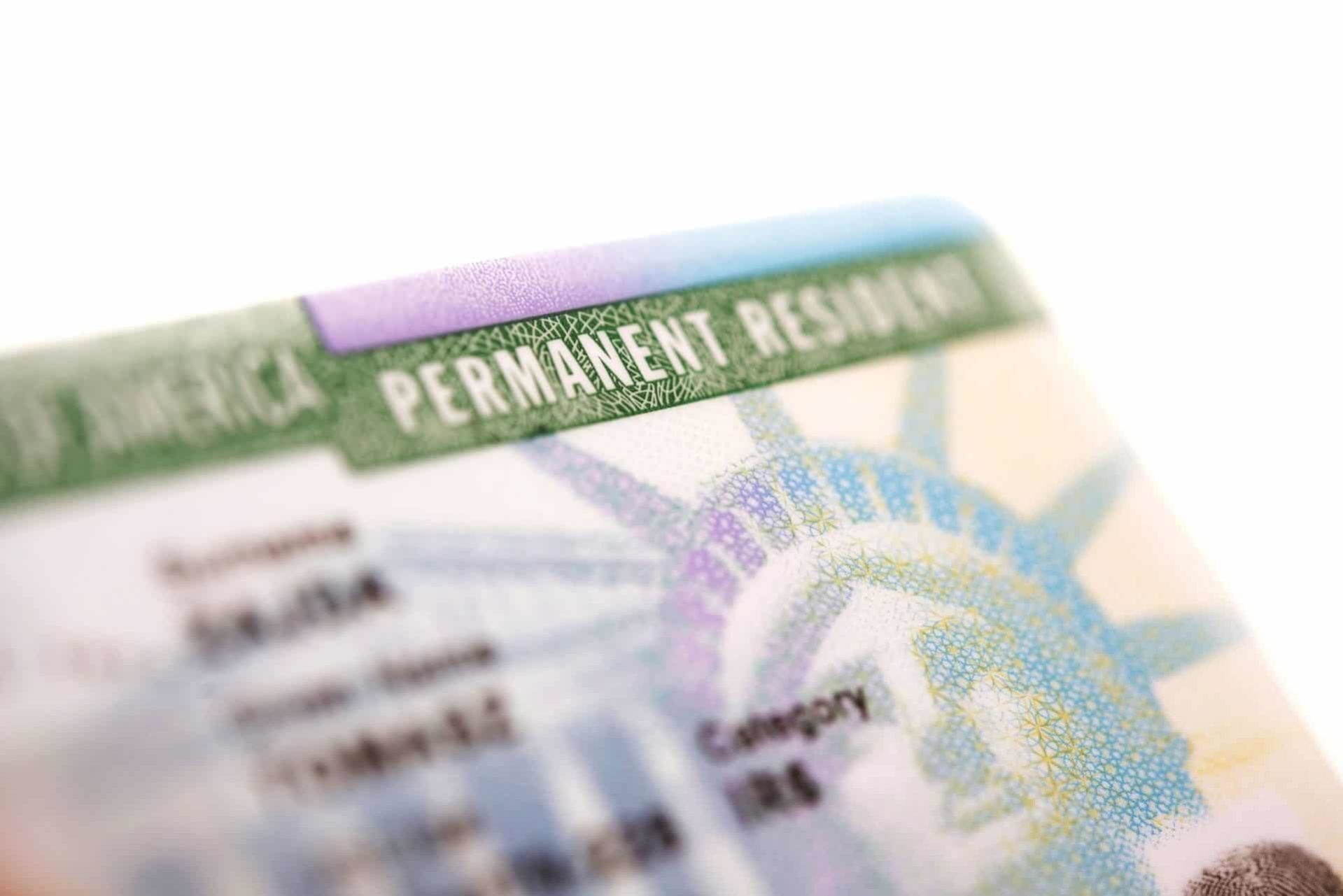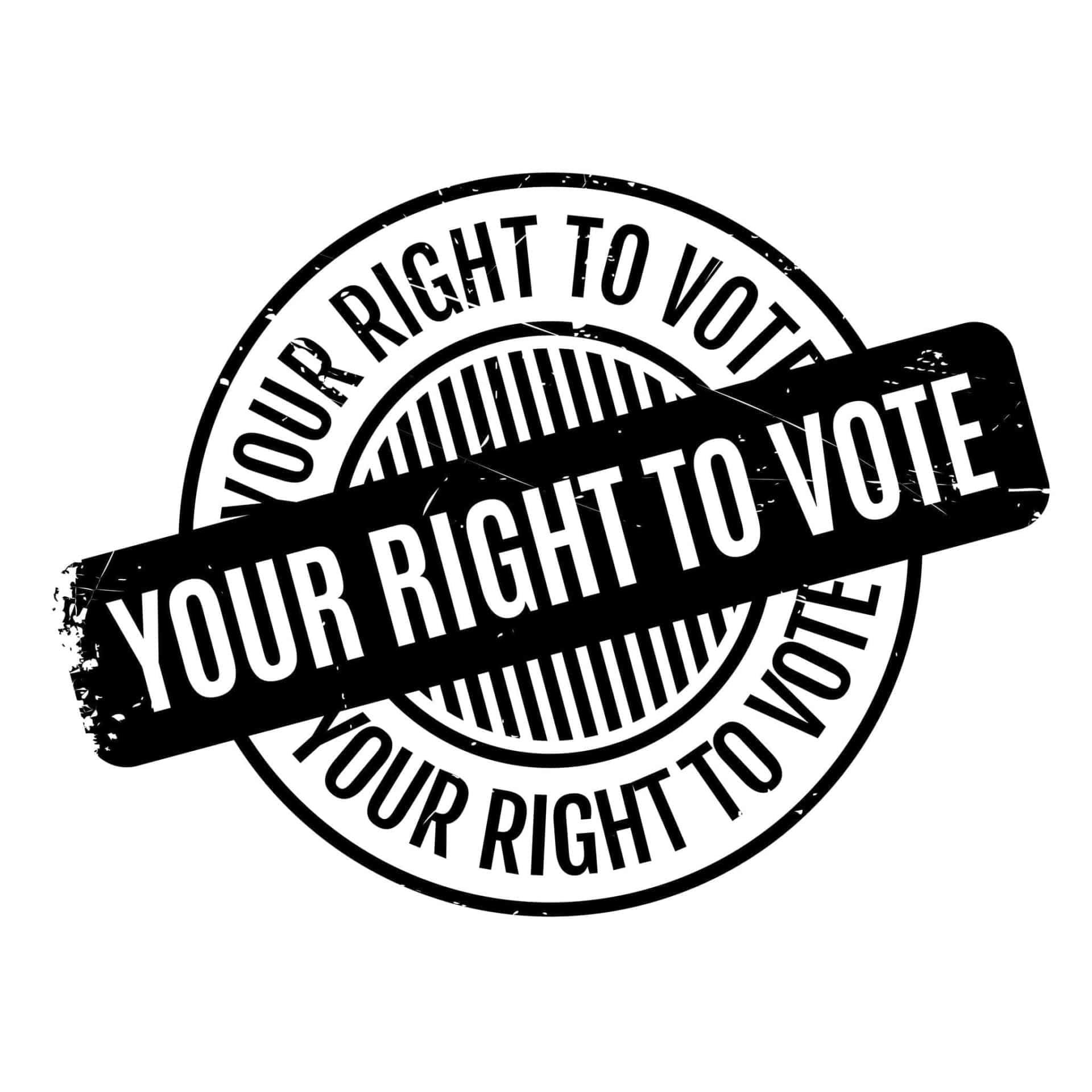It’s Midterm Time: Know What Counts as Voter Fraud in Illinois
In 2004, a now-retired priest entered Illinois as a legal immigrant to work at several Episcopal churches. In 2006, he visited a Department of Motor Vehicles location, where he claims that a supervisor accepted his United Kingdom passport as proof of identification and asked him if he wished to register to vote.
Despite his momentary surprise, the priest signed the card to register, and later that year he voted on a local referendum. It wasn’t until the following day, after speaking with a parishioner, that he fully realized his mistake.
The priest has not voted again, and he has no other criminal activity on his record. Authorities weren’t even aware of the situation until he openly admitted to it while recently applying for US citizenship.
Now, he may be facing deportation for voter fraud.
The 1993 National Voter Registration Act allows certain eligible individuals to register to vote while getting a driver’s license. It’s not uncommon for ineligible individuals to register, partly due to not understanding the process, and partly due to Department of Motor Vehicles workers who are uninformed about state law.
So, why is this man potentially facing such serious repercussions for something so seemingly minor? Because it’s election time, and worries over voter fraud always increase during this time of year.
It also probably doesn’t help that the current administration has been on the warpath regarding voter fraud – despite no real evidence that it is a widespread problem – making everyone extra vigilant.
Because of this, it is even more important that you understand the various actions that count election fraud under the law.
Changing the Vote Count
You can face charges if you are an election worker and you tamper with the vote count in a central voting location or precinct.
False Registration
If you use a false name, address, or place of residence that does not lawfully belong to you, you could face prosecution for voter fraud.
Fraudulent Absentee Ballots
Under specific guidelines, absentee ballots are permitted in
Illinois. However, absentee ballots can be fraudulent in several different ways.
It is not lawful to request an absentee ballot on behalf of someone else. If you vote on that person’s behalf without their knowledge, charges of voter fraud may apply.
You can also face charges for forgery of a signature on an absentee ballot or for telling the absentee ballot voter how to cast their vote.
Illegal Registration

Voter registration is not permitted for convicted felons or for people who are not currently citizens of the United State.
Impersonation
If you impersonate another individual with the intent of casting a vote, you could face criminal charges. This applies to impersonations of a person who has died, has moved, or is incarcerated.
Intimidating or Forcing Voters
If you intimidate someone or use force against them with the intent of influencing that person’s vote, you could be charged with voter fraud. Most of the time, individuals who are targeted with these tactics include those who do not speak English well, elderly people, disabled people, or those who cannot read.
Petition Fraud
For a petition to be properly listed on a ballot, valid signatures are required. If you are caught forging signatures on the petition for the ballot, you could face criminal charges.
Purchasing Votes
You cannot lawfully pay anyone else to vote, either in person or by ballot.
Voting More Than Once
If you register or vote in more than a single location, voter fraud charges may apply, whether it’s within a single jurisdiction or multiple jurisdictions.
Voter fraud charges can be complicated and highly specific. To understand the charges that qualify as voting fraud in Illinois, it’s important to consult with a knowledgeable Chicago defense attorney.
What to Do Next If You Are Charged with Voter Fraud in Chicago
With cases like these, it’s unwise to navigate the legal waters yourself. Voter fraud cases can be politicized and publicized, and an experienced lawyer will be best able to advise you on exactly what to do to avoid further legal problems.
When you consult with an attorney, you will discuss the best defense strategies for your particular case. He or she will choose the defense they believe is most likely to help you get your charges reduced or dropped.
Any of the following defenses may work depending upon the specifics of your situation:
- You had no knowledge that you were committing fraud.
- You did not act with intent.
- There is not enough evidence to form a case against you.
- You acted under the pressure of duress or entrapment.

The election is right around the corner. Now more than ever, it’s important to exercise your right to vote and participate in our democracy. When you do so, though, make sure you understand the law so you can keep out of trouble.
About the Author:
Andrew M. Weisberg is a former felony prosecutor who now serves as a defense attorney in the greater Chicago area. He has extensive experience in handling all types of criminal cases, from sex offenses and domestic violence to retail theft-related crimes, murder, and drug crimes.







 Blog Home
Blog Home 










